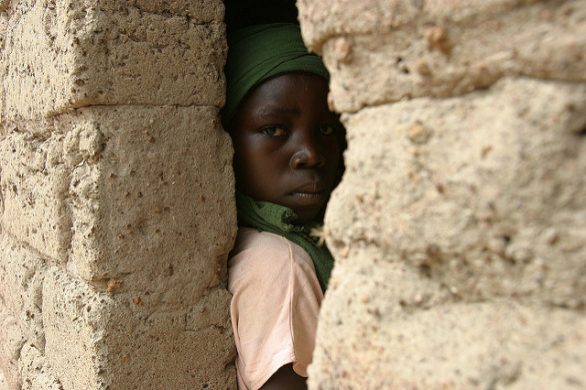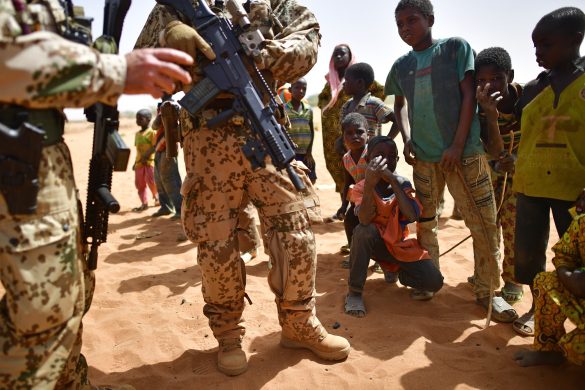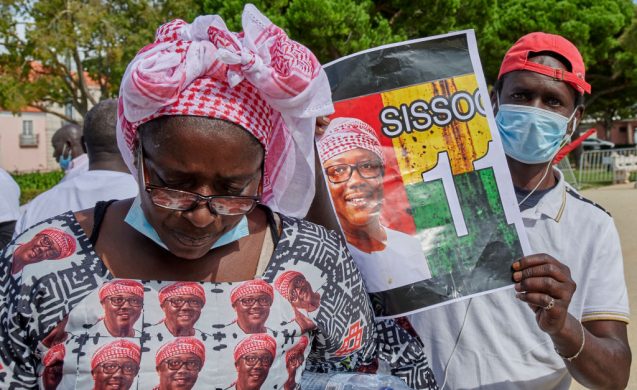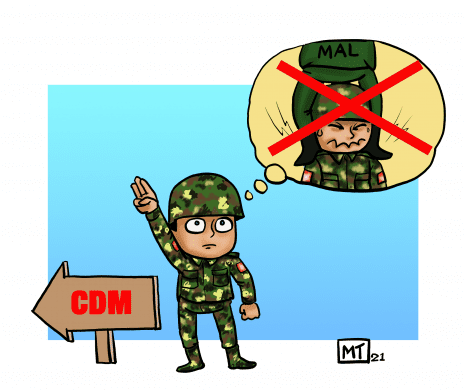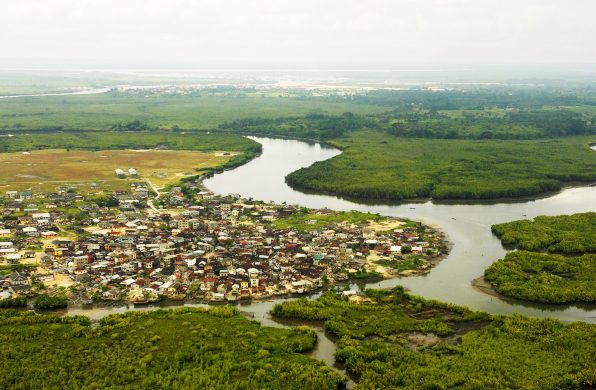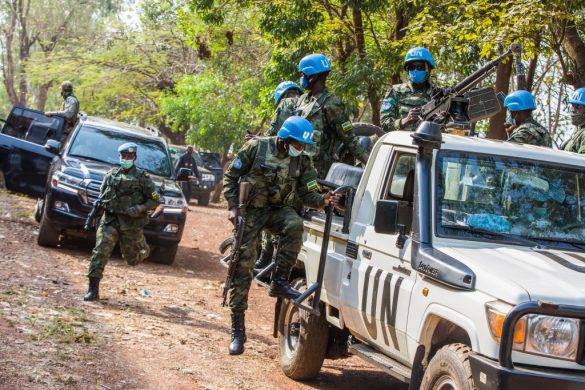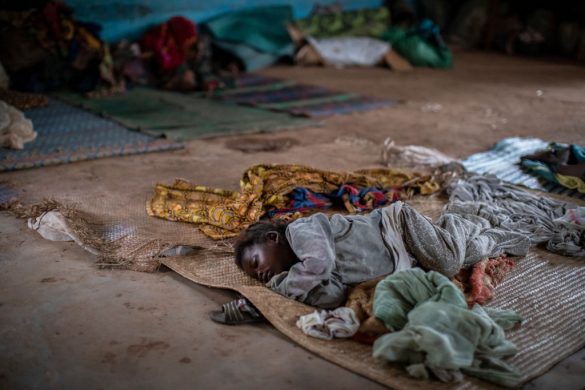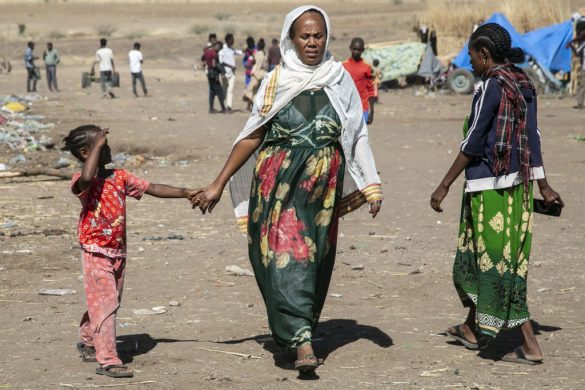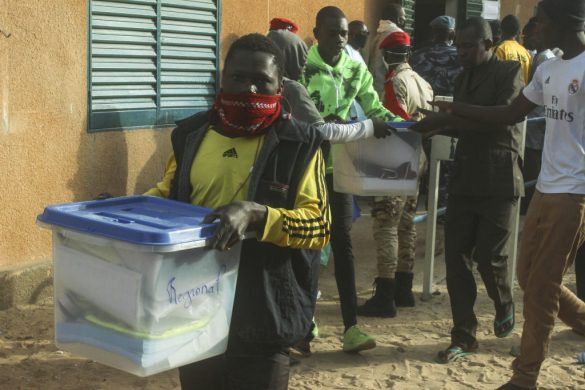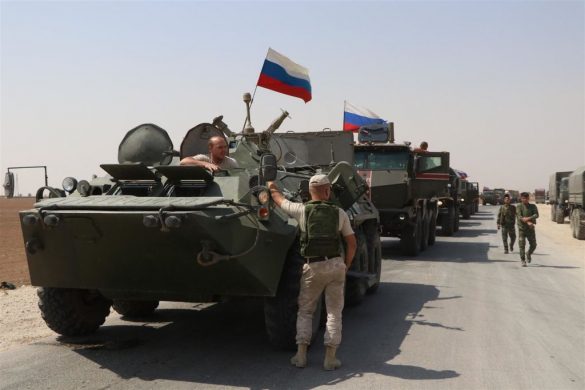Yaoundé, 16 March 2017 (OCHA): The humanitarian situation continues to deteriorate in the Central African Republic (CAR).
With the upsurge in violence and the spread of hot spots since September 2016 up to the first quarter of 2017, more than 100,000 newly displaced people have been registered, bringing the number of IDPs to 402,240 in the country.
This implies that one in every five Central Africans is either displaced internally or is a refugee in neighboring countries.
While this situation has created new and urgent needs, funding for humanitarian action has been on a downward trend since 2014. To date only 5% the requirements (19 million) of the 399.5 million dollars requested in the 2017 Humanitarian Response Plan (HRP) for CAR have been met.
In 2016, only 37 per cent of the $ 531.5 million requested were mobilized.
In this context, CAR remains the country with the highest case load per capita globally given that half of its population is in need of humanitarian aid.
Lack of funding
While progress has been made in the humanitarian circle, 2.2 million Central Africans which represents half of the population, is in need of humanitarian assistance.
Humanitarian actors continue to review their geographical presence in the country due to deficit funding.
It should be noted that aid workers are major contributors to the delivery of basic social services. The decrease of the humanitarian activities is deplorable, in the health and education sectors among others. By 2016, the latest survey showed that 56% of health infrastructure is managed by humanitarian actors.
Risk of acute humanitarian crisis
The investments made are likely to go to a waste if there are no adequate funding levels. This risks the country plunging into an acute humanitarian crisis situation.
In this regard, Michel Yao and Virginie Baikoua reiterated their call for continued generosity of donors to better respond to the new needs. This will also allow partners to respond to new and protracted emergencies in the country.

